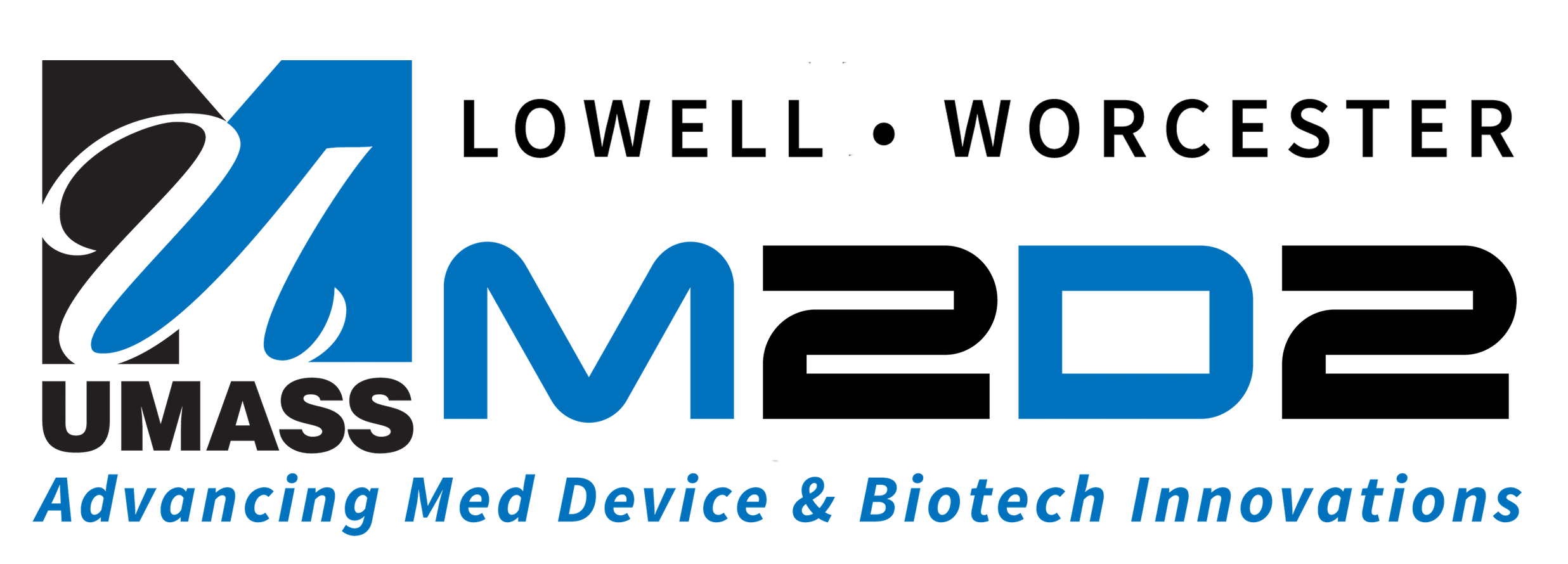STATE BACKS MEDICAL-DEVICE CENTER AT UMASS LOWELL - $4M Will Help Build Lab to Guide Products Through Development
The Boston Globe, By Robert Gavin, Globe Staff | February 13, 2008
The state will spend $4 million to help the University of Massachusetts at Lowell build an "innovation center" to assist entrepreneurs in developing, testing, and commercializing medical devices, a key segment of the state's burgeoning life-sciences sector.
Governor Deval Patrick today will announce the state's contribution to the center, which will bring together the engineering expertise of UMass-Lowell and the medical know-how of the UMass Medical School in Worcester to help start-ups turn promising technologies into products. The center and its collaboration between academic researchers and entrepreneurs represent the type of economic development project the Patrick administration wants to finance as part of its proposed $1 billion life-sciences initiative, administration officials said.
Life sciences, which include biotechnology, medical research, and healthcare along with medical devices, is among the largest and fastest-growing sectors in the state economy. Patrick, in a statement, called the UMass center a "next step in the growth of the life sciences in Massachusetts."
"We are proud to continue our partnership with UMass-Lowell and our private partners in developing the innovation infrastructure we need to move new ideas into cures, creating new companies and new jobs along the way," he said.
UMass-Lowell has already spent about $3 million to begin transforming a one-story, 30,000-square-foot building on the edge of its east campus into laboratories for research and building prototypes. The university will raise up to another $3 million from federal and private sources for equipment and facade work.
The center could be open within a year, said Stephen McCarthy, a UMass-Lowell plastics engineering professor and codirector of the center.
About 40 faculty members from the two schools will contribute the center, with the goal of turning ideas for medical devices into products. To succeed, start-ups must get through a period known as the "valley of death" in which the product is under development, but not far enough along to attract venture capital.
The center aims to help the young, promising companies survive that period by giving them access to equipment and expertise to get medical devices through clinical trials needed to win approval from the US Food and Drug Administration, and then to market.
"This is industry focused and a great collaboration," said UMass-Lowell chancellor Martin T. Meehan. "We have an opportunity to help companies develop products, which ultimately creates jobs."
Massachusetts has one of the nation's biggest medical-device industries, led by Boston Scientific Corp., the Natick maker of stents, defibrillators, and other devices that employs more than 28,000 people worldwide. The industry employs about 20,000, according to the most recent figures. The Merrimack Valley, which includes Lowell, has a particularly large medical device cluster, including firms such as Philips Medical Systems and Straumann AG, in Andover, and Zoll Medical Corp. of Chelmsford.
"Medical devices can be a strong sector for Massachusetts," said state Senator Steven Panagiotakos, a Lowell Democrat and chairman of the Senate Ways and Means Committee. "It's a new economy sector that we are going to make sure that we're tops in."
Robert Gavin can be reached at rgavin@globe.com.
